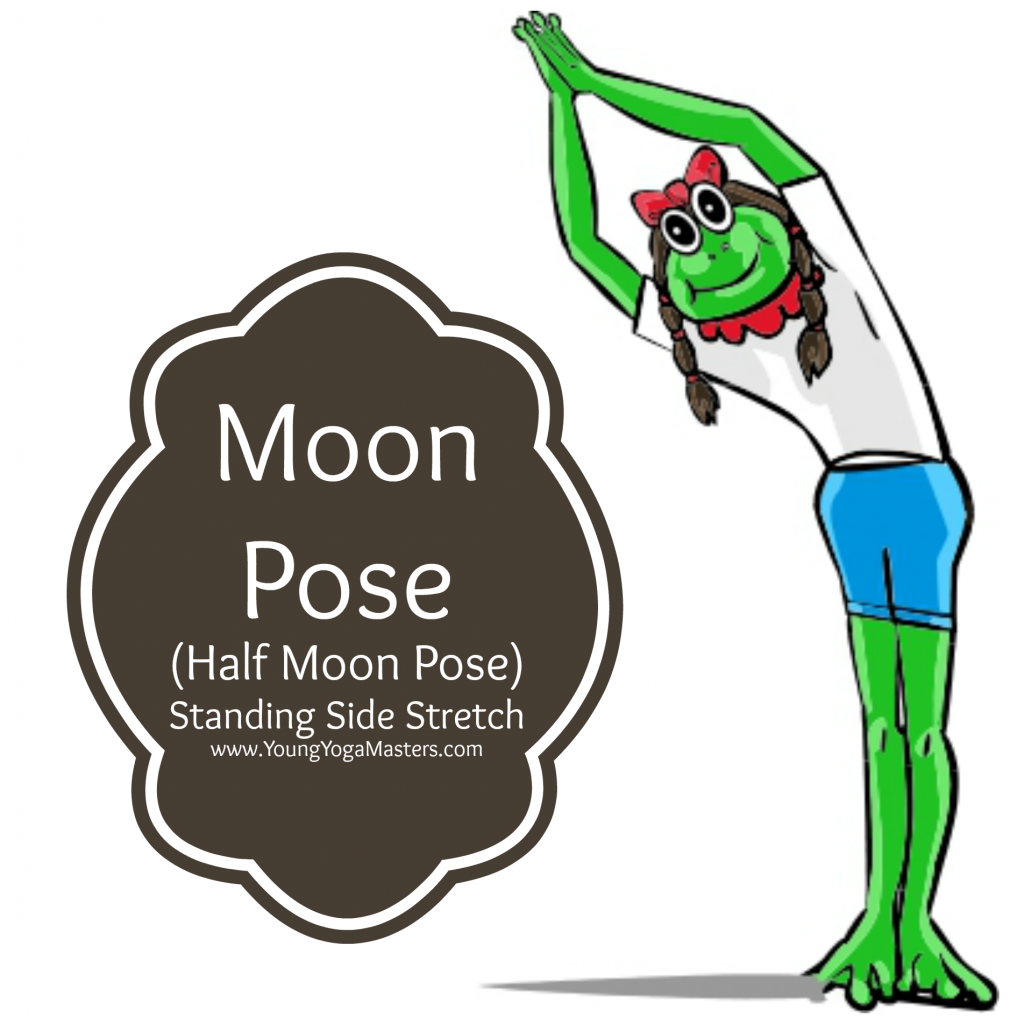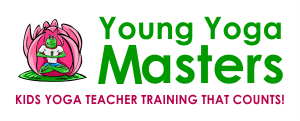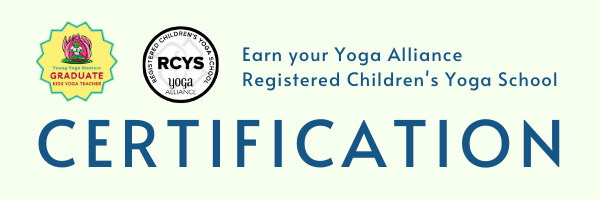( In my city, Toronto (Canada), school teachers guide kids on themes of Character Development. I went to the Yoga In My School specialist, Donna Freeman, for some yogic insight bout them. Thank you to Donna for this monthly series.)

Fairness and Balance in Yoga
by Donna Freeman
www.YogaInMySchool.com
Fairness refers to justice, equality and the absence of bias. Children seem to intrinsically know what is fair and what isn’t. There is even a series of advertisements which underline children’s innate ability to know when they are, and when they are not, being treated fairly.
Fairness with Ease and Strength
There are a number of ways this principle relates to yoga. The most prevalent is the ideals of Sukha (easy, pleasant, gentle) and Sthira (solid, durable, strong). The goal when practicing yoga is to have equal amounts of these two opposing philosophies present at all times.
Yogis are always looking to balance the effort with the ease, the soft and the hard. To treat both aspects of the poses with fairness in order to allow the body and mind to expand to its full potential. If Sukha is too much of a focus, the consequence is laziness and lack of will power. If Sthira is stressed, then injury or burnout may result. Neither extreme is healthy, but a balance of the two permits beautiful expression and growth.
Yoga Poses to Teach Fairness
In addition, balance poses teach much about fairness. Poses such as tree pose, dancer pose and eagle pose help to refine the sense of equality. Performing these poses always seems easier on one side, but both sides need the same opportunity to work the pose. The lessons, however, are more than physical. Children learn to focus and concentrate, training their minds as well as their bodies.
Finally fairness is underscored with Satya (honesty). Satya is the virtue of being true to and honest with yourself and those you encounter. This includes in speech and action. The ideal of fairness is completely redundant without honesty. Being able to see the world through realistic lenses helps to overcome selfishness and encourages compassion.
Teaching honesty to children is an ongoing endeavor.
Personal integrity is an elusive but essential aspect of society’s morals. Practicing compass pose (half moon) with an accompanying discussion on how compasses help guide individuals through the storms of life provides a kinaesthetic reinforcement of these ideals.
The principles of fairness and equality are threaded throughout yoga. Children know the difference between right and wrong, justice and injustice. Allow yoga to help develop this knowledge through balance and honesty.

